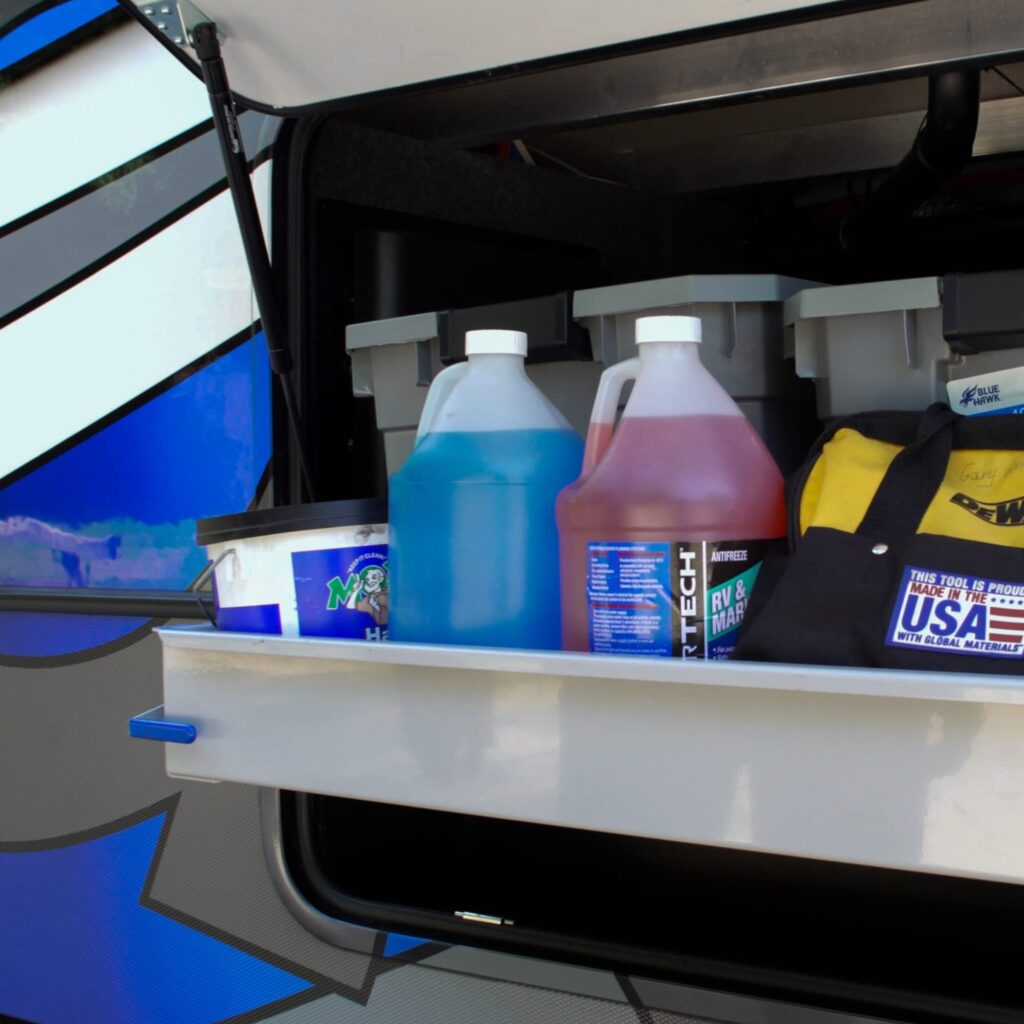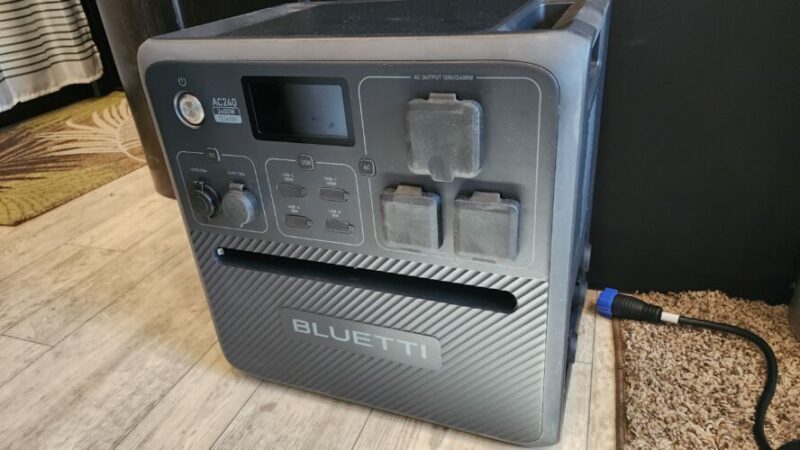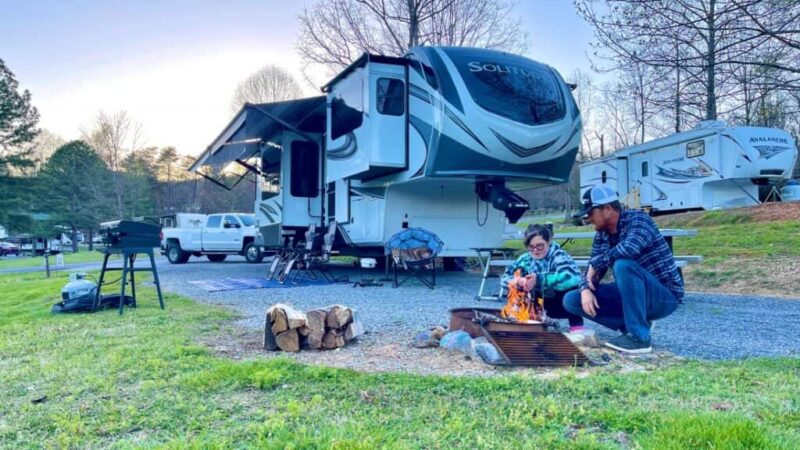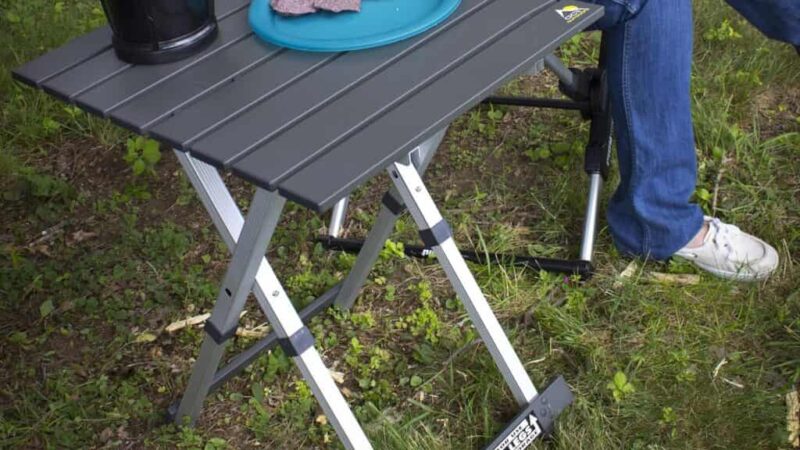How Much RV Antifreeze Do I Need?

How much RV antifreeze do I need to winterize my RV? Photo: Amazon
RV Antifreeze: How Much Should You Use?
Winterizing your RV is an important part of RV ownership. That said, there are a lot of things to learn about the process. One of the most common questions we hear is, “How much RV antifreeze do I need?”
If this is something you’ve been wondering too, you’re in luck. Today’s article addresses this question, as well as a number of other questions about antifreeze and winterizing an RV, so you can go into the RV winterization with the appropriate amount of antifreeze and a good amount of confidence to go along with it.
Let’s get started.
What is RV antifreeze?
First, let’s talk a little about what exactly RV antifreeze is. If you’ve never winterized a trailer or motorhome before, you’ve probably never worked with RV antifreeze. This could leave you wondering what it is, where to get it, and if you really need to buy the stuff.
RV antifreeze is a non-toxic formula that is usually pink or red in color and can be put into your RV plumbing system to keep it from freezing when cold weather strikes. Because other types of antifreeze cannot be ingested by humans, it is very important that you stick to the non-toxic, RV-specific antifreeze when putting it into your water system. Fortunately, RV antifreeze will always be labeled as such, making it easy to distinguish from other types of antifreeze.
Generally speaking, antifreeze can be purchased anywhere RV parts can be found. This includes Amazon, Walmart, and stores like Camping World.
How do I use RV antifreeze?
Now that you know what antifreeze is and where to buy it, you’re probably wondering what to do with the stuff. We already mentioned that it is put into the RV plumbing system to prevent freezing, but what steps do you need to take to get it into the system, and how do you know you’ve covered all of your bases?
The video below does an excellent job of explaining how to winterize an RV using RV antifreeze. Be sure to follow the steps carefully and you will end up with a well winterized trailer or motorhome that will make it through the off-season.
How much RV antifreeze do I need?
Now for the question that likely brought you here: “How much RV antifreeze do I need?”
It varies based on the size of your RV and your winterization methods.
If you don’t bypass your water heater when winterizing, you will need a whole lot more antifreeze than those who completely drain the water heater tank and employ a water heater bypass system. Meanwhile, those with tiny pod trailers will need less antifreeze than those with large fifth wheel trailers. Another factor to consider is how much antifreeze you will pour into the wastewater holding tanks.
All that said, if you follow the steps linked above (which do have you bypassing the water heater), you should not need more than 2–4 gallons of antifreeze. This includes a couple of quarts of antifreeze for each wastewater tank, which should be poured down the sink drains in order to replace water in the P-traps with antifreeze and thus avoid frozen pipes beneath the sinks.
Can RV antifreeze be stored?
Let’s say you purchase three gallons of antifreeze but only end up needing two. Can the extra antifreeze be stored?
Yes, it can. Not only can antifreeze be stored, but we actually recommend keeping a jug of RV antifreeze on hand at all times. This can come in handy if you run into freezing temperatures while out on the road and you don’t have heated tanks or an enclosed underbelly. In this case, you can dump some antifreeze down your wastewater tanks to keep them from freezing.
When storing antifreeze, you will want to ensure the lid is tightly sealed to avoid spills and keep contaminants out of the bottle. Although the stuff is safe to ingest, pets and kids shouldn’t drink large amounts of it. Of course, we also recommend storing it out of reach of children.
As long as your antifreeze is stored in a tightly sealed bottle, you can expect it to last 1–4 years. You can confirm the life of your antifreeze by finding the expiration date on the bottle. While most antifreeze will remain effective after the printed expiration date, it’s best not to risk it. After all, antifreeze is pretty inexpensive and tends to be easy to find.
Can I winterize my RV without antifreeze?
What if you find yourself in a place where antifreeze can’t be found? What if you just don’t want to use antifreeze in your system? Is it possible to winterize your RV without any antifreeze? This is a very common question, and the answer is yes, it is possible.
Winterizing an RV without antifreeze involves using compressed air to blow all of the water out of the lines. When done correctly, this method works just as well as using antifreeze. However, it does require some special equipment that you may or may not have on hand.
If you wish to winterize your RV without antifreeze, you should carefully follow the instructions in this article.
Hopefully, this article helped you determine how you will winterize your RV and how much antifreeze you need. Be sure to grab your supplies and keep extras on hand so you can keep your RV winterized through any surprise freezes. This will help ensure you spend less time fixing the RV and more time camping once spring rolls around.
Make sure you keep track of all your RV maintenance and repairs with an online tool such as RV LIFE Maintenance. Not only can you keep all of your documents in one place, but you’ll also receive timely reminders when maintenance is due to help you avoid costly repairs and potentially serious accidents.
Related articles:
The post How Much RV Antifreeze Do I Need? appeared first on RV LIFE.
Source: https://rvlife.com/how-much-rv-antifreeze-do-i-need/






